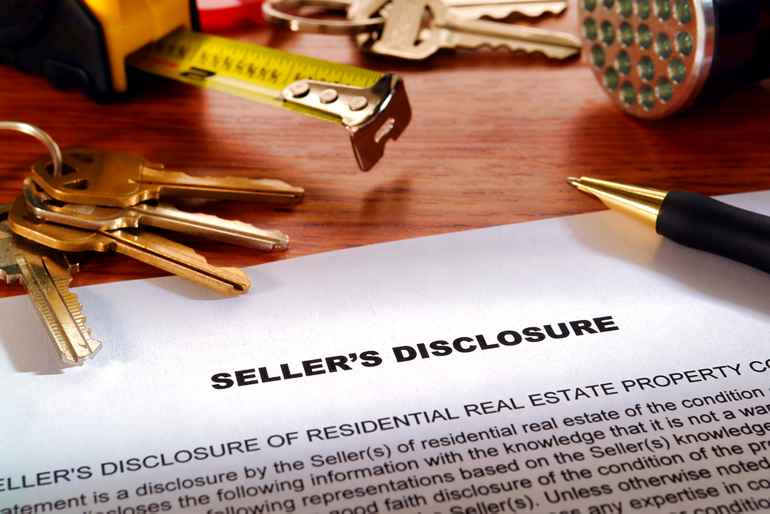What is a residential real estate contract?
A real estate contract provides the details as to a sale and purchase of a property. Specifically, among other provisions, the purchase price, deposit and financing, legal description of the property, and closing date are clearly stated. Such details are set in writing to make sure the seller and the buyer understand and acknowledge by signing the contract the terms of the real estate closing.
What other terms are typically in a residential real estate contract?
Other terms in a residential real estate contract include, but are not limited to, personal property, real estate agent information, seller disclosures, and additional provisions. Personal property may be included, for instance, if a seller and buyer agree that the buyer will purchase personal property that the seller is selling. Examples of this includes furniture and appliances. Real estate agent or broker information is listed if either or both the seller use a real estate agent or broker in the transaction. The percentage owed to the agent or broker is listed in the contract as well.
What is a Seller disclosure?
Seller disclosures are important, as the seller must acknowledge if there are any defects that the buyer should know about in making a decision as to whether to purchase the property. Such disclosures may include if there was a leak in the home and if so whether the leak had been remediated, or whether there exists a structural issue that may preclude the sale of the property.
Specifically, depending upon the results of the inspection, the buyer might want to renegotiate the price or back out of the purchase entirely due to the terms of the contract. This potential “right to cancel” section of the contract explicitly states the amount of time that the buyer has to perform an inspection, and whether this gives the buyer the right to void the contract.
How can a buyer learn more about the property before purchasing?
A residential real estate contract has an inspection period, or time frame in which the purchaser may hire professionals to inspect the property to determine whether there are any major issues that would prevent a buyer from purchasing, and if so the amount those remediation’s would cost. There is a percentage or flat amount stated in the contract to allow a buyer to “get out” from the contract should the price of the remediation exceed an acceptable cost. Mold, lead paint, flood zones, and damages to the property need to be disclosed, and if not disclosed, may be found to exist during the inspection.
Why have a residential real estate closing?
A real estate contract is important because there must be a “meeting of the minds” in order to convey property. The contract helps to avoid any ambiguity by containing the terms of the real estate deal. Although there may be issues that arise during the terms of the contract, having a residential real estate contract avoids potential legal disputes.
What types of costs are associated with the purchase of a residential property?
Residential real estate transactions contain, among other fees, closing costs, inspection costs, and title costs. Title searches, for example, are an essential but sometimes forgotten step in buying a house. The cost of title is typically paid by purchasers depending upon the county in which the property is located which is clearly stated in the contract. A real estate contract also clarifies who covers lien searches, estoppel fees, and survey costs which can be a deal breaker if not properly provided in the contract.
A real estate contract protects the buyer from buying a damaged property, but it can also allow the seller to be compensated for any damages found in the inspection. Particularly in “As-in” contracts, the contents of the Right to Cancel section are even more important, thus consulting an attorney is ideal.
If you are seeking legal representation for real estate, please feel free to contact us online or give us a call at 954-384-6114 today for a consultation.
Oppenheim Law | Real Estate Attorneys
2500 Weston Rd #209
Fort Lauderdale, FL 33331
954-384-6114



